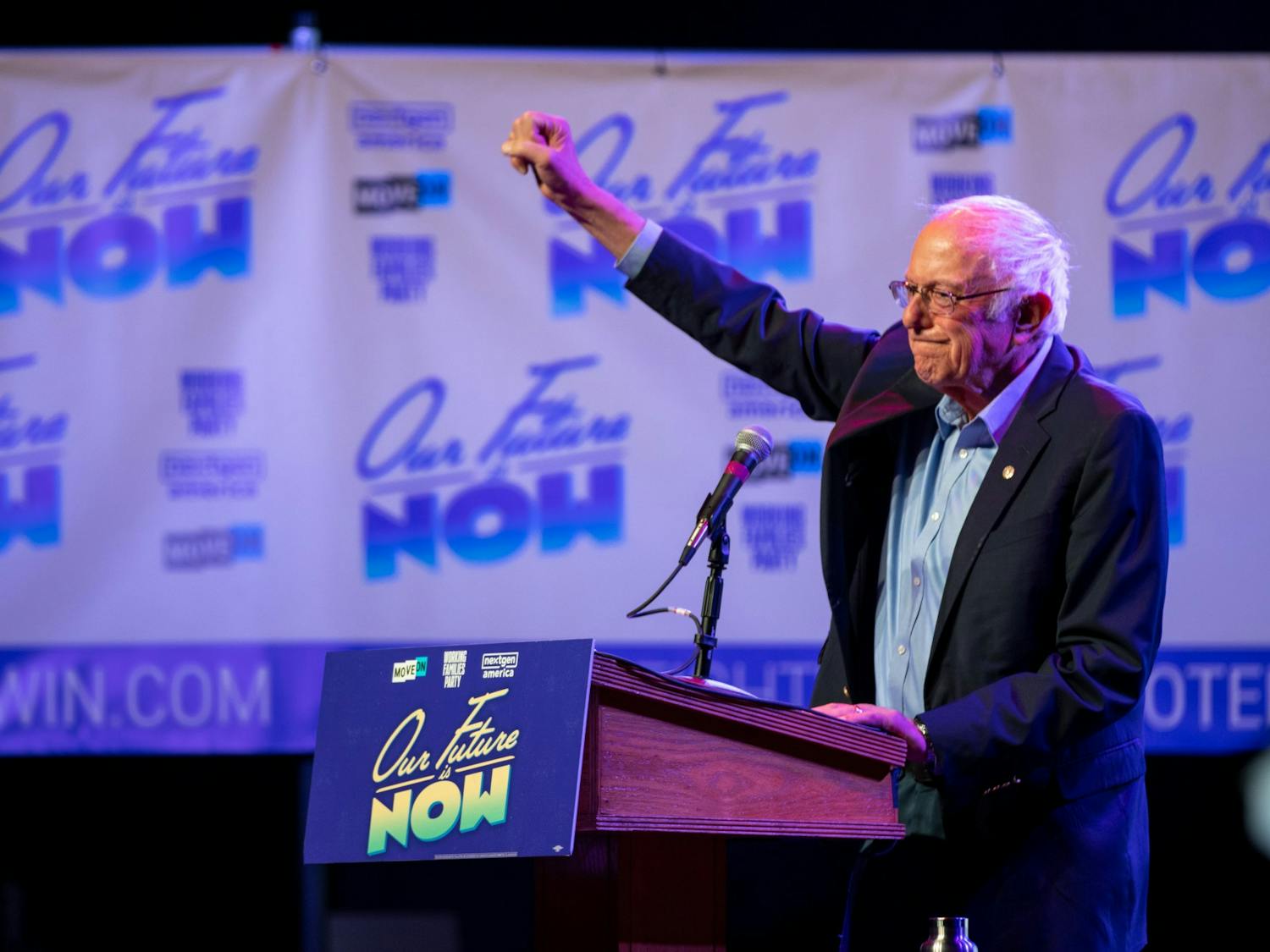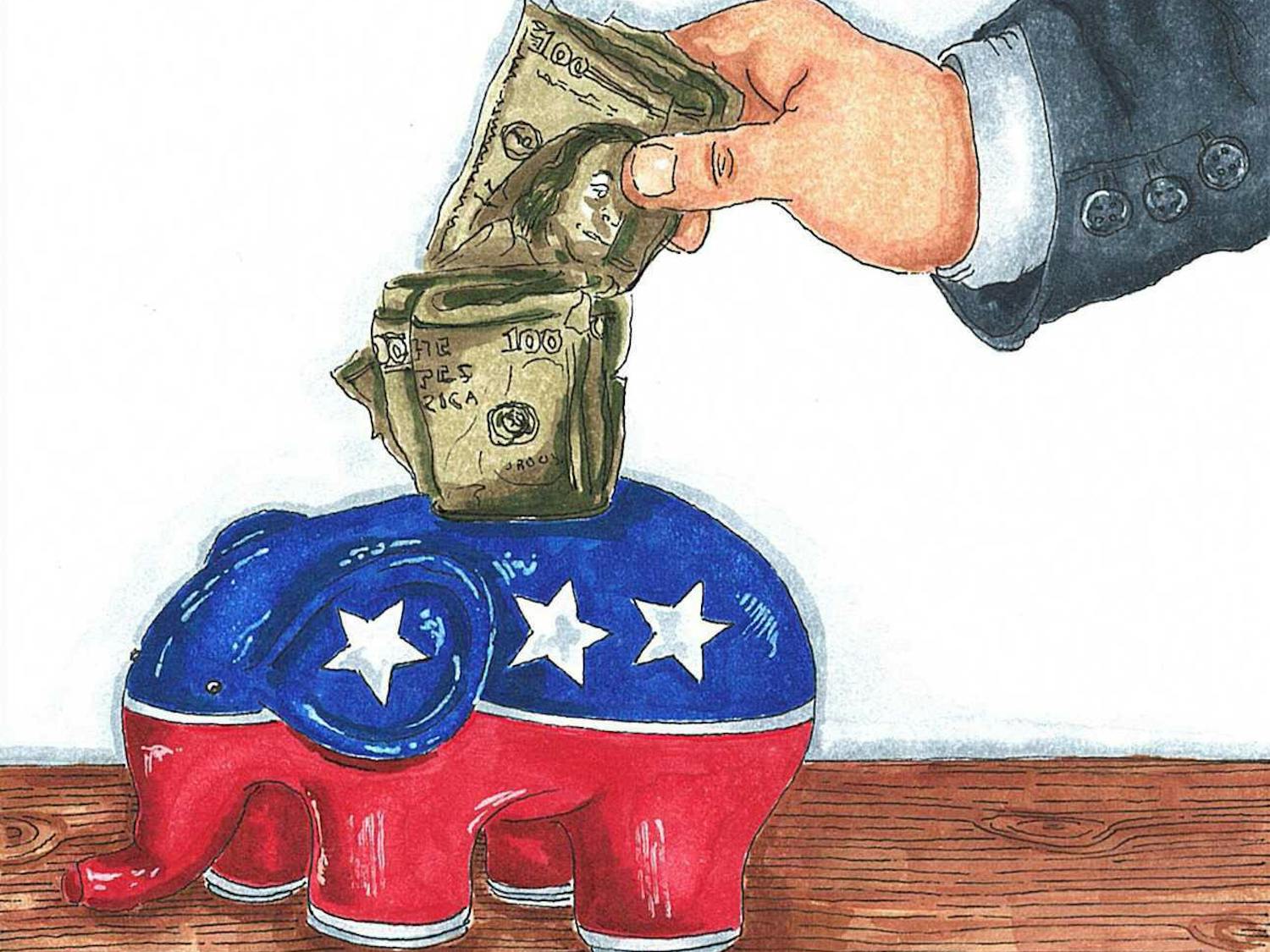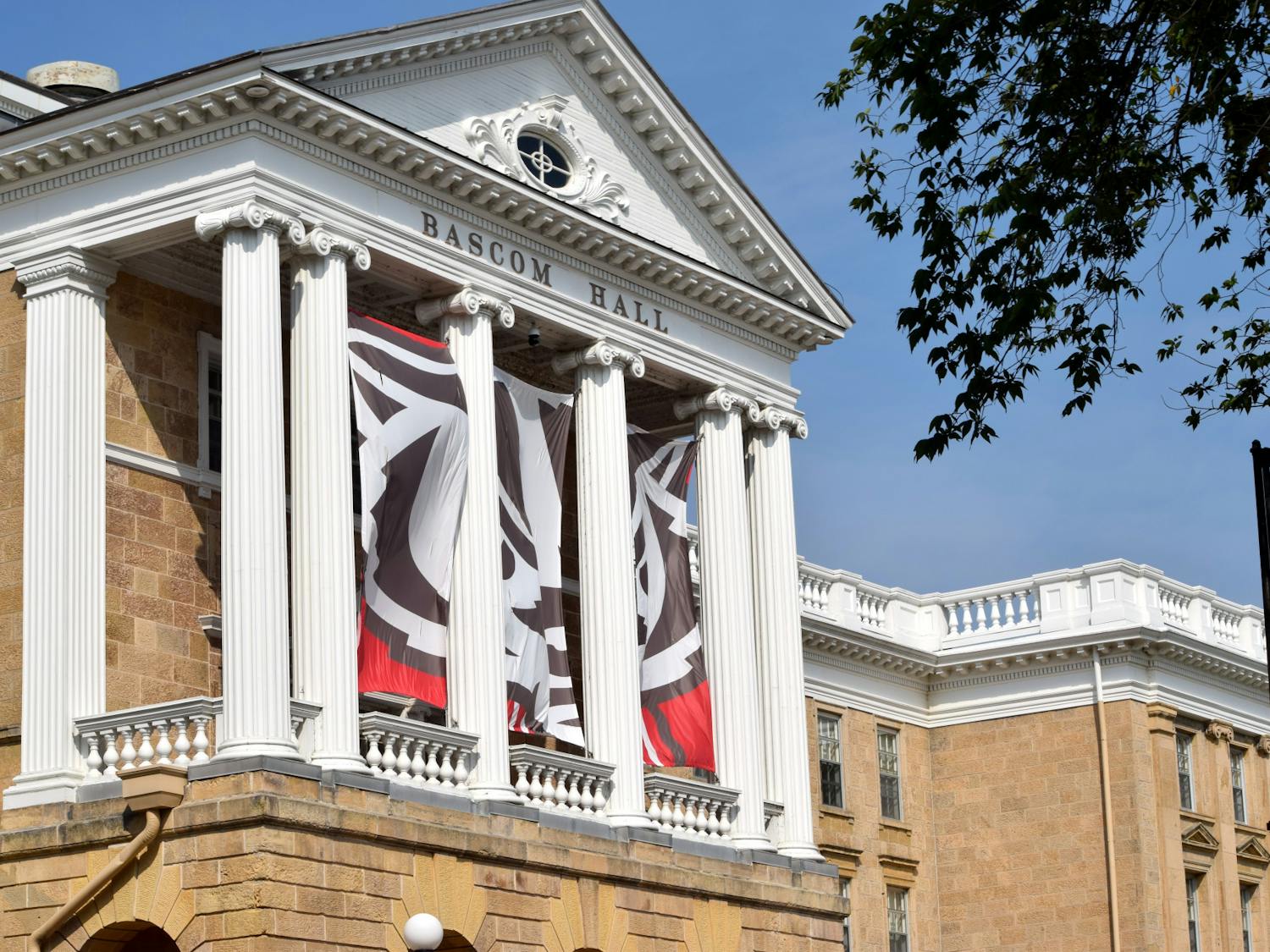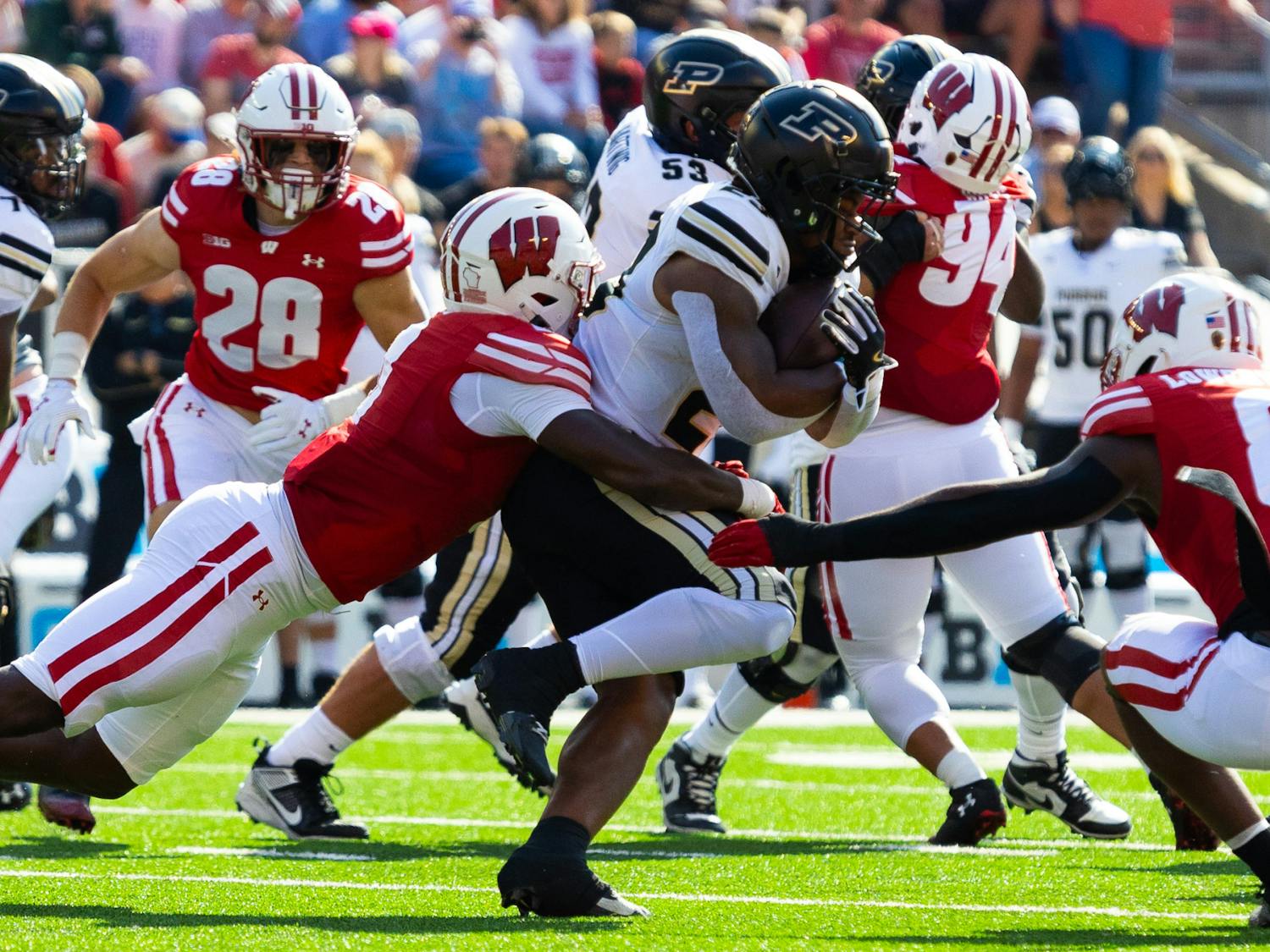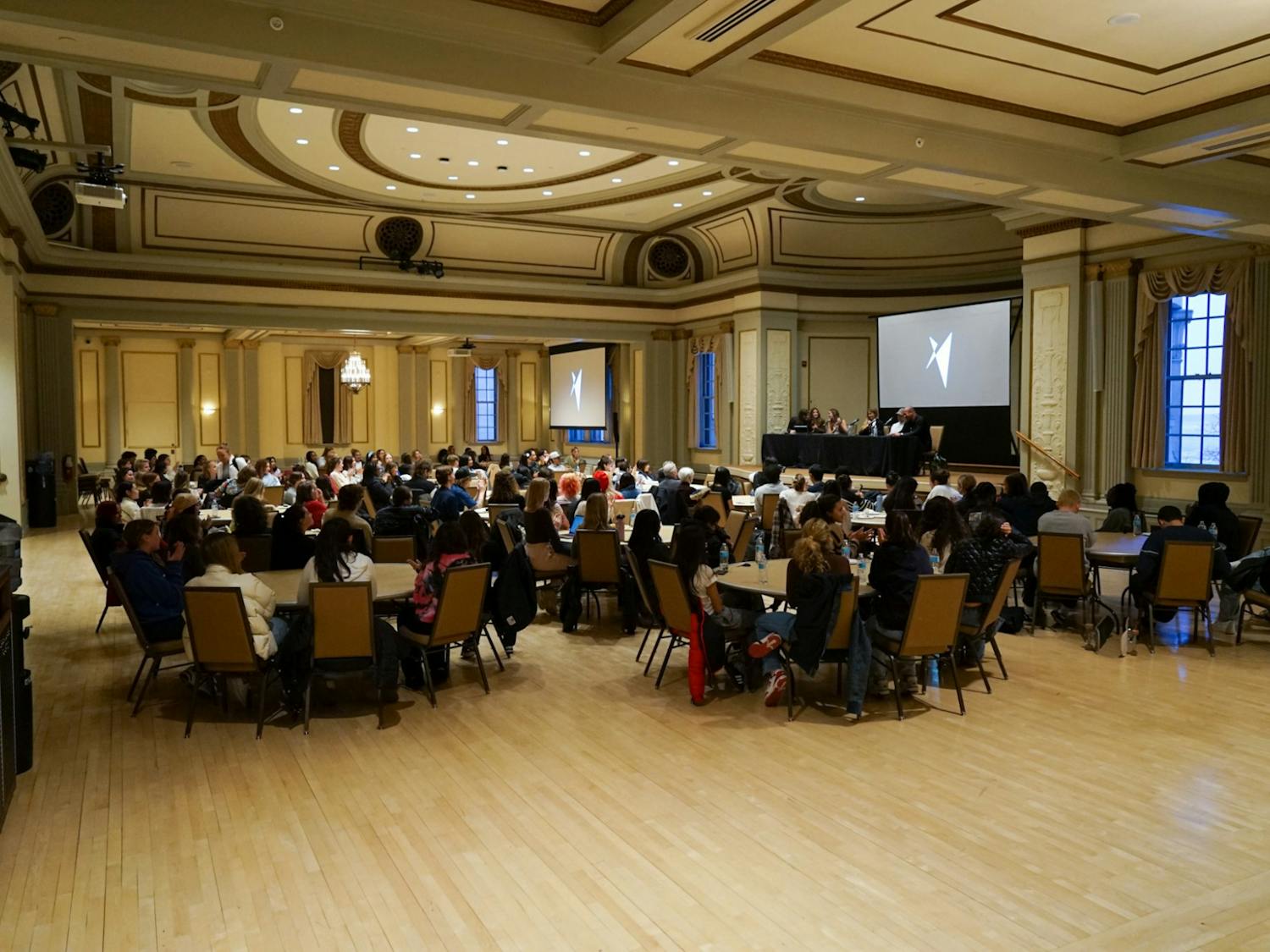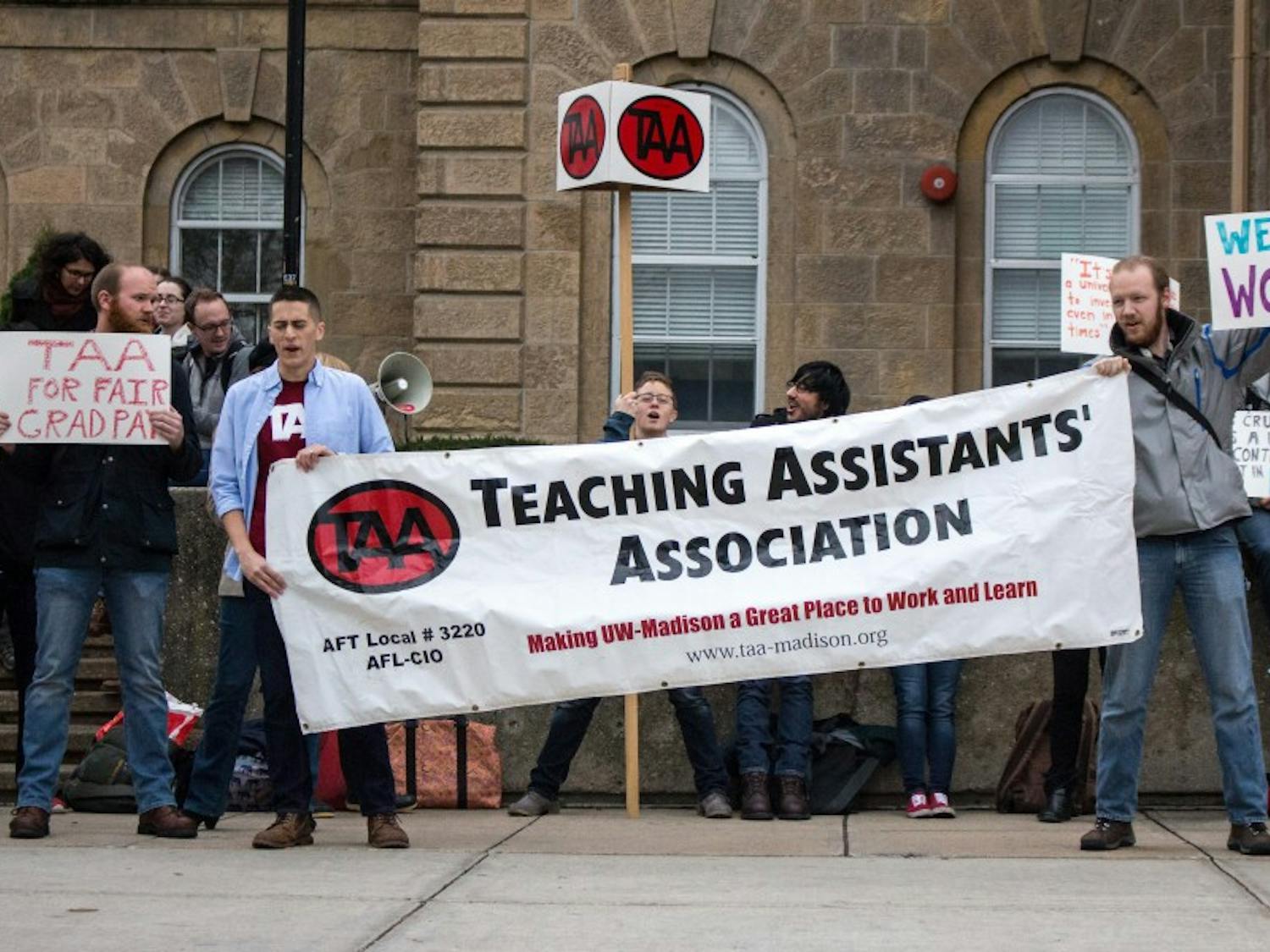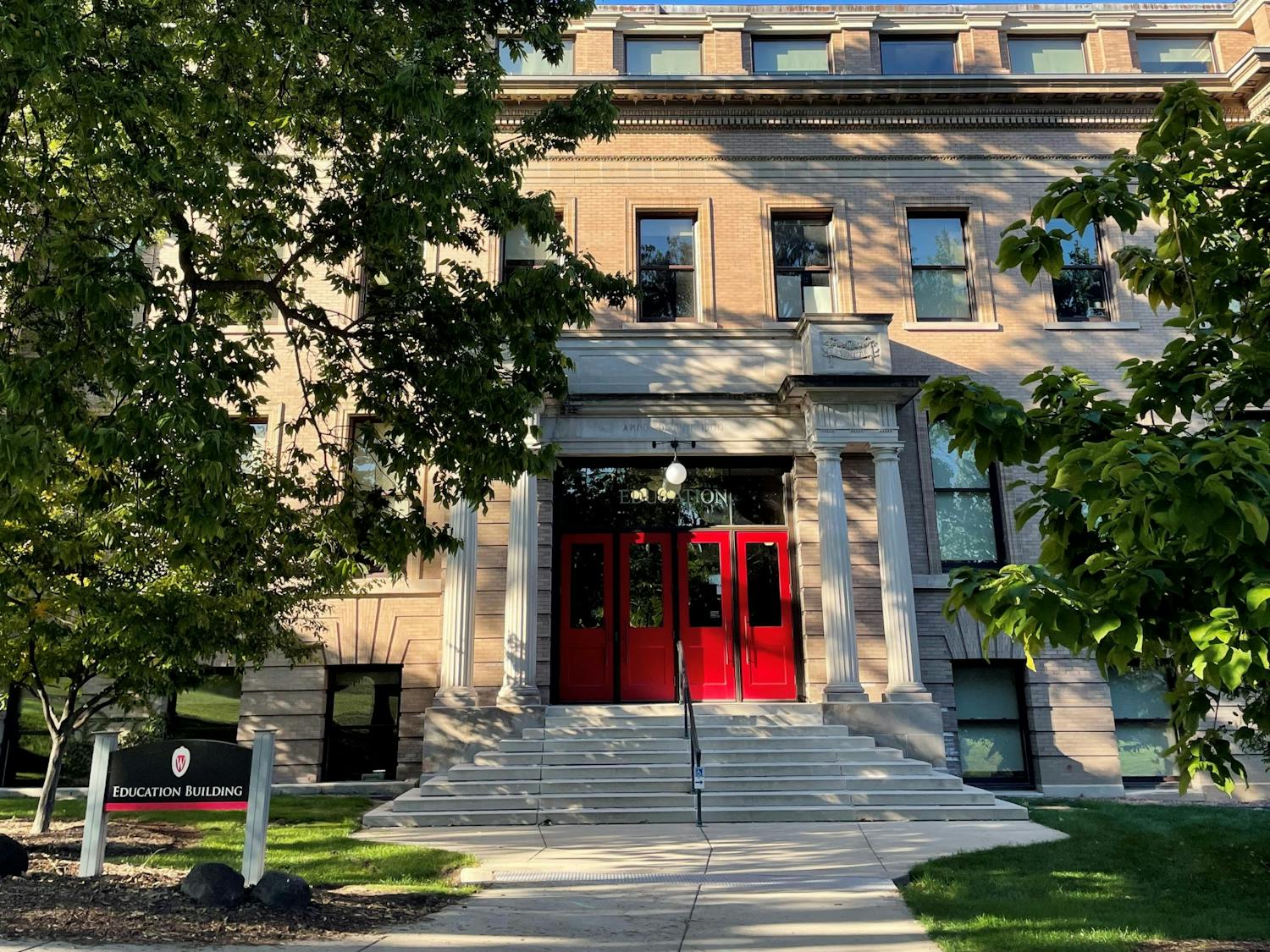Letter to the Editor: UW-Madison leadership must defend Columbia and U.S. higher education
By Matthew T. Hora | Mar. 19Editor’s note: Letters to the Editor and open letters reflect the opinions, concerns and views of University of Wisconsin-Madison students and community. As such, the information presented may or may not be accurate. Letters to the Editor and open letters do not reflect the editorial views or opinions of The Daily Cardinal.


